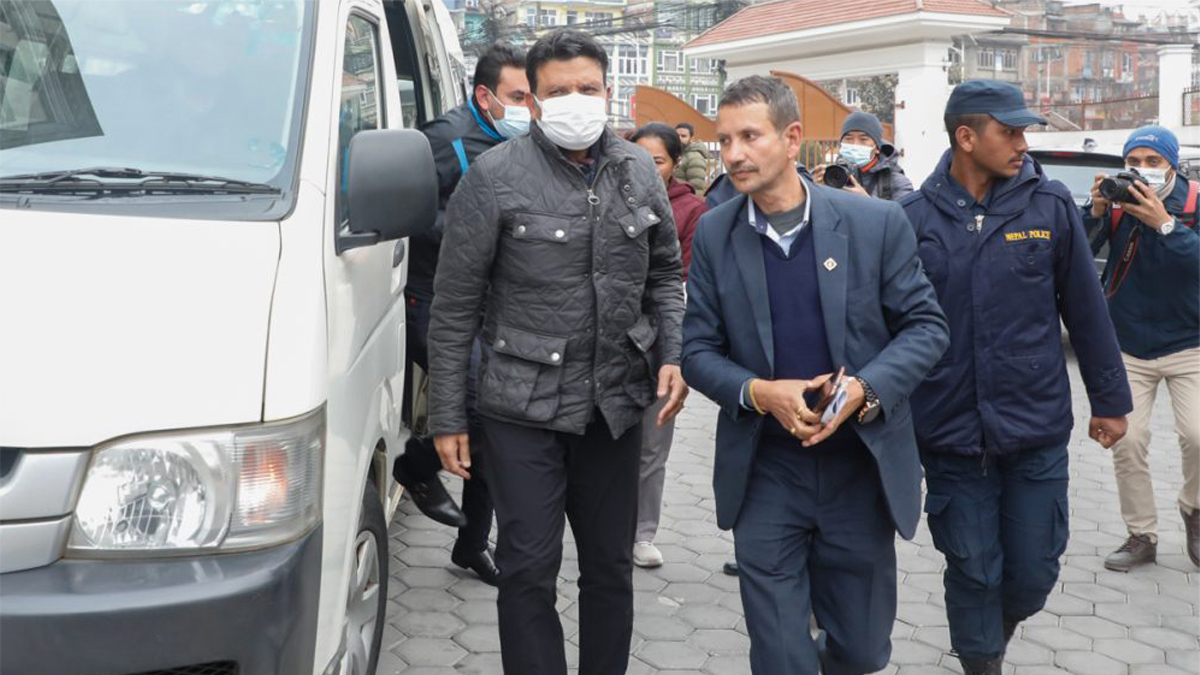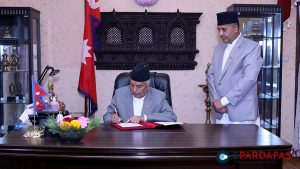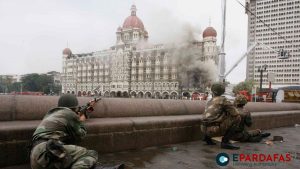
Government Attempts to Diminish Bansbari Land Case, Seeks Land Reclamation and Acquittal for Defendants

The recent actions of the government regarding the Bansbari land case raise serious concerns about transparency, justice, and accountability. In a move that appears to prioritize political expediency over the rule of law, the government has initiated steps towards reclaiming 1.26 acres of land belonging to the Bansbari leather shoe factory, previously acquired under CG Chandbagh Residency. This maneuver is coupled with a disturbing attempt to seek acquittal for the defendants involved in the alleged embezzlement.
The release of individuals such as Sanjay Thakur, Arun Kumar Chaudhary, and Ajit Narayan Singh Thapa, who were arrested on charges related to land embezzlement, sends a troubling message about the government’s commitment to holding powerful individuals accountable. Despite the gravity of the accusations, these individuals were set free, casting doubt on the sincerity of the government’s pursuit of justice.
The Land Revenue Office’s directive to Sanjay Thakur, urging him to reclaim the land within a specified timeframe, appears to be a thinly veiled attempt to obscure the truth and shield those implicated from facing the consequences of their actions. By pressuring Thakur to comply with the land reclamation process, the government is effectively muddying the waters and undermining the integrity of ongoing legal proceedings.
Furthermore, the insistence on proving the legality of land acquisition, particularly concerning transactions dating back to the monarchy period, adds another layer of complexity to an already convoluted situation. This requirement places an undue burden on landowners and further complicates efforts to unravel the truth behind the alleged embezzlement.
The government’s strategic move to return the land not only threatens to derail efforts to uncover the truth but also raises suspicions about ulterior motives. Speculations regarding potential ulterior motives, including protecting influential figures within the Chaudhary family, cannot be easily dismissed.
In light of these developments, it is imperative that the government’s actions be subject to thorough scrutiny and oversight. The pursuit of justice must not be compromised in the face of political maneuvering and vested interests. The people of Nepal deserve transparency, accountability, and a commitment to upholding the principles of justice, regardless of the individuals involved. Anything less would be a betrayal of the trust placed in the government to serve the interests of the people.












Comments